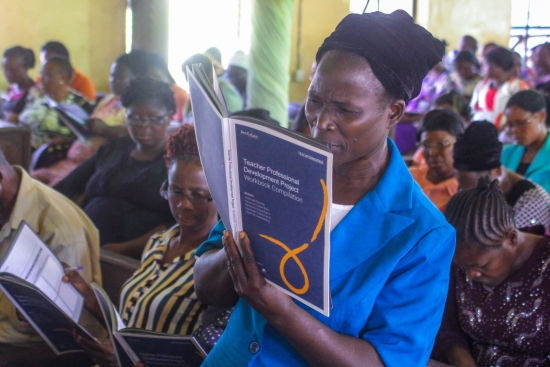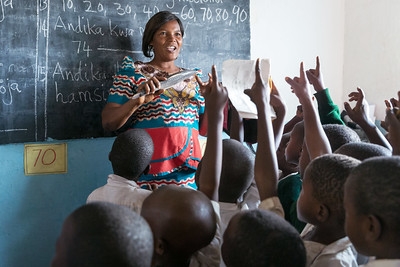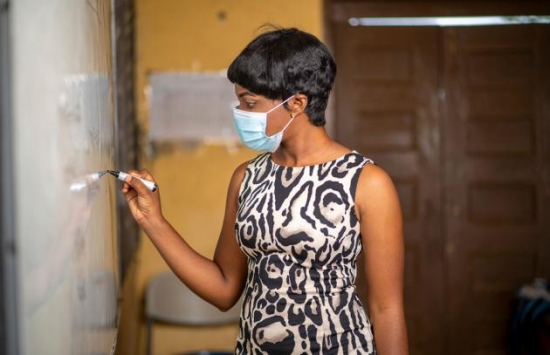Adult educators and literacy practitioners: recasting the profession
| When: | Friday, June 17, 2022 - 08:30 - Friday, June 17, 2022 - 09:45 |
| Timezone: |
UTC
|
| Organizers: |
|
UNESCO’s Section for Teacher Development and the International Task Force on Teachers for Education 2030 are organizing a workshop on adult educators and literacy practitioners: recasting the profession as part of the Seventh International Conference on Adult Education (CONFINTEA VII).
The workshop will examine the working conditions and professional development of adult education teachers, particularly at the literacy and basic education level, and will identify key challenges to improve the quality of teaching and the social standing of the profession. The session will explore examples -from different world regions- concerning the institutionalization of adult education in teacher training and higher education institutions, and policy measures that have been implemented to harness the social standing, labor standards and professional development of adult education practitioners.
Recent studies and analyses of the impact of the COVID-19 on adult learning confirm that youth and adult literacy educators still find themselves in the most precarious position of any group of educators; they receive much less policy attention compared to schoolteachers; and are among the lowest paid teachers and receive the least training (UNESCO, 2020, p.2). In addition, in many world regions, adult educators are usually characterized by low -or a lack of- qualifications and specific training on the education of young people and adults who have been marginalized from basic education.
Against this background, and inspired by the renewed role of teachers depicted in the Futures of Education Commission Report (UNESCO, 2021) the panel will explore alternatives for the institutionalization and professional development of adult education teachers and will provide policy recommendations in order to recast the profession.
Guiding questions:
- What are the main challenges facing the status of teachers in adult learning and education and their professional development?
- What kind of public policies are needed for the institutionalization of adult education and the advancement of the teaching profession?
- What role do universities and other teacher education institutions play in the professionalization of adult educators?
- What existing frameworks may be useful for the development of qualifications and standards to guide this professionalization?
Format and languages:
The workshop will be fully in person. It will consist of a brief presentation of the current challenges facing adult education teachers followed by a conversation and examples of policies and education programmes aimed at improving the social standing and professional development of adult educators.
The discussion will have a global geographical scope with interpretation in English and French.
Speakers
The workshops will be moderated by Mr. Carlos Vargas, Chief of Section for Teacher Development at UNESCO and Head of Secretariat for the Teacher Task Force and it aims to bring together voices from universities, teacher education institutions, civil society, teacher organizations and regional intergovernmental organizations.
- Mr Timothy Ireland, UNESCO Chair in Youth and Adult Education, University of Paraiba, Brazil
- Ms Katarina Popovic, Secretary General, International Council for Adult Education
- Mr Samba Diarry Ndiaye, Centre National de Ressources Educationnelles, Ministry of Education, Senegal
- Mr Mohammed Bougroum, l’Institut de Formation aux Métiers de l’alphabétisation, Morocco
For more information please see here.


